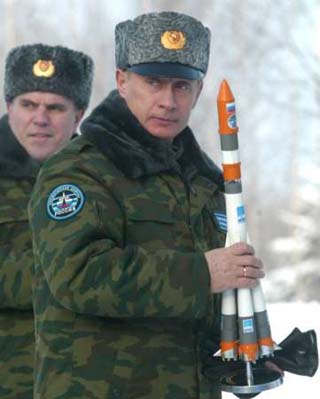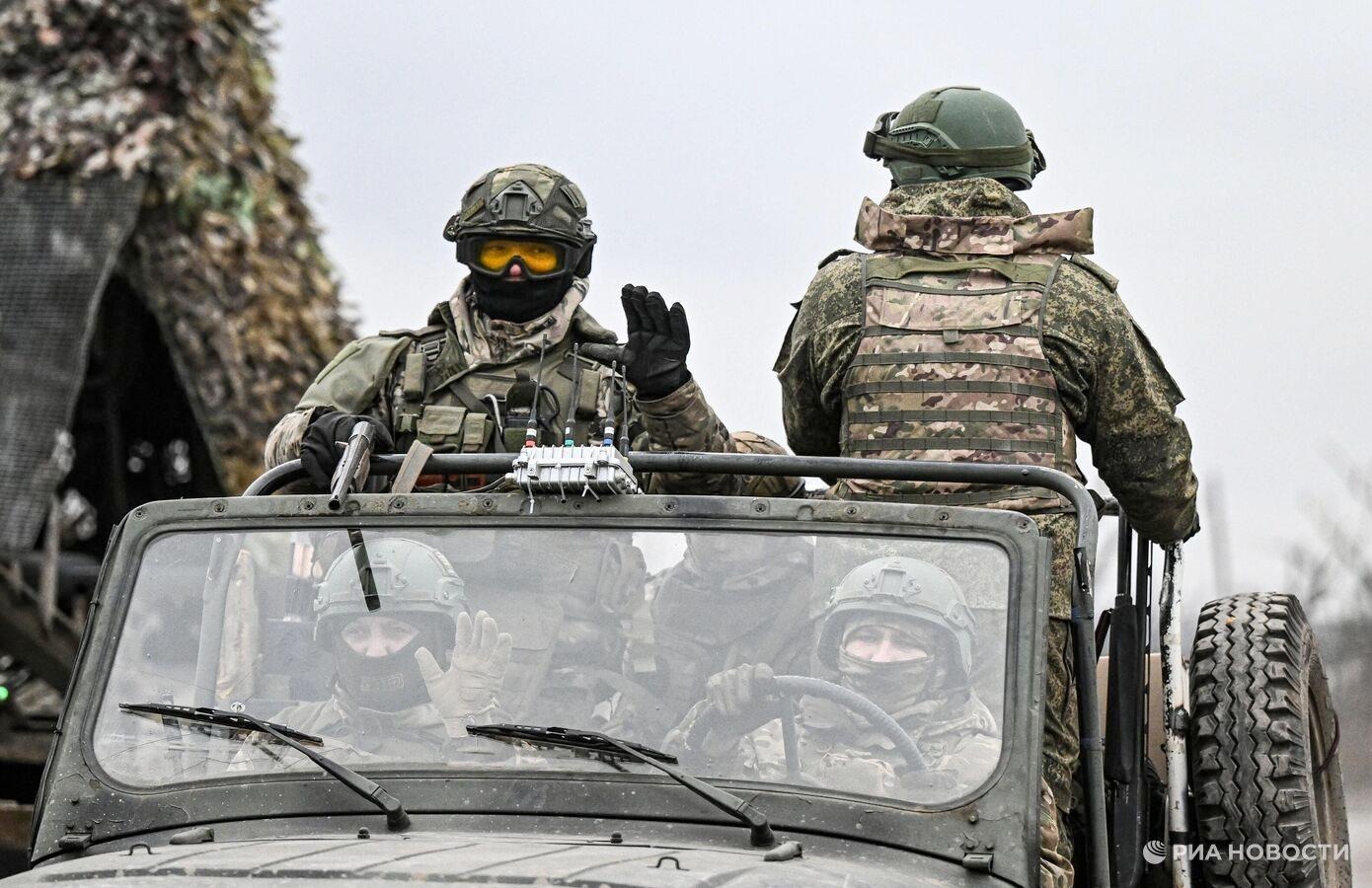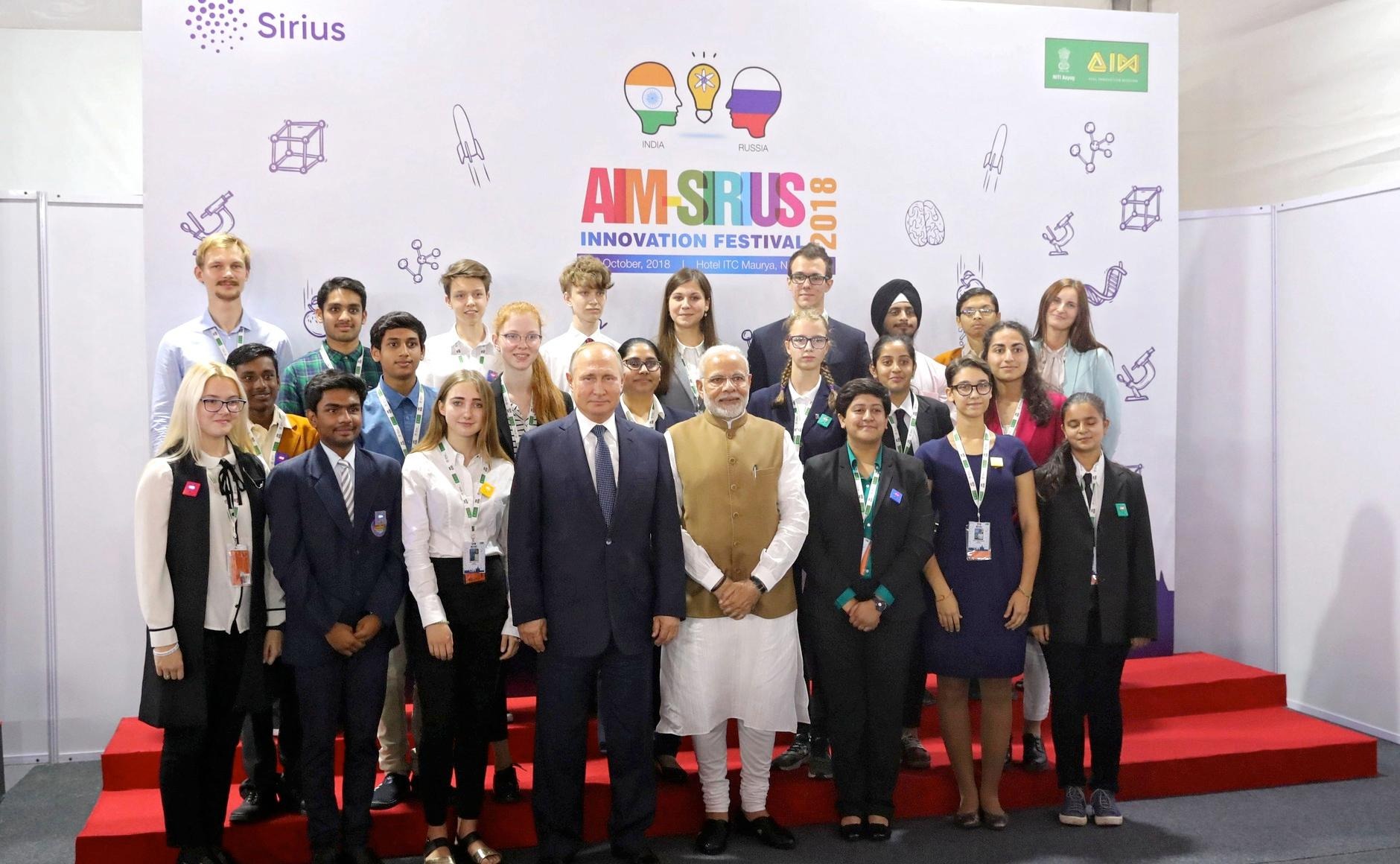
MISSILES FOR SALE : MOSCOW FINDS NO PROBLEM WITH SYRIA
MISSILES FOR SALE : MOSCOW FINDS NO PROBLEM WITH SYRIA
As Russians returned to work following the extended New Year’s holidays, the repercussions from a major arms-export deal began to be felt. Following a surprise cabinet meeting on January 2, Israel pulled every political string possible in order to tell Moscow to “stop it” in no uncertain terms.
Kommersant, usually the fastest moving of the Moscow newspapers, got whiff of the story on January 12 and revealed the gist of several items in Haaretz about the extraordinary meeting of the Israeli cabinet on relations with Russia . The participants in that meeting, as well as Israel ‘s ambassador to Russia , Arkady Melman, who was urgently summoned to Jerusalem , were under obligation to refuse any comment so it took several days to identify the epicenter of the crisis: Moscow ‘s plan to sell to Syria its newest surface-to-surface missile complex — Iskander. What is most remarkable about this developing story is that the Kremlin apparently did not expect such a strong reaction from Israel .
Russian Defense Minister Sergei Ivanov found himself under extreme duress during his official visit to Washington on January 11-13. His first reaction, driven by years of training in the special services, was to go into denial: no such contracts had been signed, or negotiated, or even theoretically contemplated (Lenta.ru, January 15). What makes these denials less plausible is Ivanov’s proud report to Russian President Vladimir Putin back in August about the completion of the test program for the new missile system and its readiness for deployment (Izvestiya, August 27, 2004). With the president’s approval, Ivanov then announced plans to acquire the first two mobile launch complexes for the Russian army in 2005 (polit.ru, December 30).
It is exactly this modest figure that creates a serious problem: at the Votkinsk missile plant, keeping a special production line for manufacturing six to eight “items” a year is technologically near impossible. From a cost-efficiency perspective, missiles should be produced “like sausages,” as Khrushchev once famously said. It is entirely possible that this missile complex was designed in the mid-1990s, when the Russian military had close to zero purchasing power, primarily with export perspectives in mind. This may also explain the name — Alexander the Great is known as “Iskander” in Arabic culture, which makes it a perfect brand name for Middle Eastern markets.
Last autumn, Ivanov made a series of hawkish statements on Russia ‘s readiness to perform “preventive strikes” against terrorist bases outside its borders (Nezavisimaya gazeta, October 13, 2004). He was certainly aware that the ability of the army to deliver upon his threats remained questionable, but he expected that the arrival of the Iskanders would add credibility. At the same time, he obviously finds no problem with selling Syria several dozen missiles, effectively providing Damascus with a first-strike capability. Russia had presented Iskander prototypes at various Middle Eastern arms exhibitions already for several years and Syrian interest was no secret (Nezavisimoe voennoe obozrenie, March 7, 2003). Ivanov pointed out that the export of these missiles would not violate any international agreements and technically he was correct: with a range of 280 km and payload of 480 kg, Iskander narrowly slips below the limits of 300 km and 500 kg in the missile technology control regime (vip.lenta.ru, January 13). The Russian Foreign Ministry further emphasized that the export model, known as Iskander-E, is significantly less precise that the one designed for “domestic consumption,” Iskander-M, and has only one missile in the launch complex.
This may look like a well-prepared defense, but in fact it was not. All these technicalities cannot make the deal acceptable for Israel , where the memories of unpunished Iraqi Scud attacks in 1991 are still quite fresh. Quite possibly, the Kremlin wanted to keep the deal secret until Syrian President Bashar Al-Assad visits Moscow in late January — and then present it as a fait accompli. Putin may think that he runs a leak-proof administration, but the corruption in his “inner circle” has acquired Middle Eastern proportions, and a secret of such an explosive nature has high selling value (Nezavisimaya gazeta, January 14). The Russian Foreign Ministry must now try to downplay the scandal as Israeli overreaction on a media hoax — but this face-saving PR exercise conveniently ignores the fact that Ariel Sharon had acted before Haaretz broke the news.
Preparing for a summit with U.S. President George W. Bush, Putin certainly does not need this extra irritant; Russia ‘s arms exports to Iran generate a quite sufficient amount of problems. Moscow could have also taken a clue from the bitter quarrel with Turkey provoked by its plan to sell the S-300 surface-to-air missile system to Cyprus . This lack of learning may appear puzzling, but the missile deal with Syria was probably driven by larger ambitions than just the desire to compensate for the lost profits from arms exports to Southeast Asia, where several contracts (estimated at $1.5 billion) were cancelled because of the tsunami disaster (Nezavisimaya gazeta, January 14). Putin feels that his international profile is shrinking despite Russia ‘s energy clout, and he wants to reassert the traditional Soviet role in the Middle East based on massive arms deliveries. Moscow is aware that the EU — despite objections from Washington — is preparing to lift its arms embargo against China , so the Syrian connection may look promising, at least until the international fallout is quantified.


